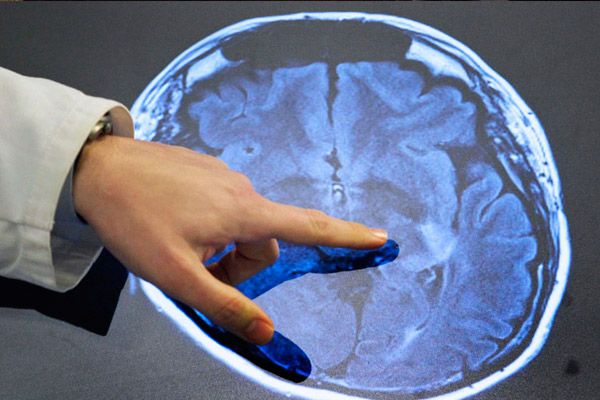
All iLive content is medically reviewed or fact checked to ensure as much factual accuracy as possible.
We have strict sourcing guidelines and only link to reputable media sites, academic research institutions and, whenever possible, medically peer reviewed studies. Note that the numbers in parentheses ([1], [2], etc.) are clickable links to these studies.
If you feel that any of our content is inaccurate, out-of-date, or otherwise questionable, please select it and press Ctrl + Enter.
You can turn off the sex drive
Last reviewed: 02.07.2025
A team of researchers has claimed that it is possible to control a person's sexual desire by stimulating certain areas of the brain with magnetic fields. The new work brought together researchers from the University of Pittsburgh and the University of California, and experts are confident that they have found a way to "turn on" and "turn off" sexual desire without affecting the brain itself.
The experts based their work on transcranial magnetic stimulation, which is used in medicine to treat various disorders. This non-invasive method of stimulating the cerebral cortex with gentle magnetic impulses is absolutely painless and allows you to control the level of dopamine, a hormone responsible for a person's psycho-emotional state.
Transcranial magnetic stimulation is used for various mental disorders, cerebrovascular diseases, traumatic spinal cord injuries, etc.
In the course of their work, the scientists checked whether transcranial magnetic stimulation would help control a person's sexual desire. The experiment involved 20 people, each of whom had a traditional sexual orientation and had at least 2 sexual partners in the last year.
The researchers first targeted the dorsolateral prefrontal cortex, the part of the brain directly involved in reward.
Using magnetic pulses, the dorsolateral prefrontal cortex was either suppressed or enhanced. Special stimulators were attached to the genitals of the participants in the experiment, which gave a signal if the person managed to press a button after a certain picture appeared before their eyes.
Having studied the change in alpha waves using an electroencephalogram, American scientists concluded that stimulation of the dorsolateral prefrontal cortex promotes increased arousal in participants, while suppression, on the contrary, reduces sexual desire. An interesting fact was that stimulation affected the sexual life of the participants for several days after the end of the experiment, but if the volunteers were offered a monetary reward instead of sexual stimulation, no similar effect was observed.
Another interesting study in the field of sex was the work of Canadian specialists, who found that a woman's memory depends on her sex life. The experiment involved 78 women who answered special questions that help determine the ability to remember new information, including memory for abstract words and face recognition.

As a result, it turned out that women with an active sex life had better memory, compared to less active representatives of the weaker sex. Women who often had sex remembered abstract words better and scientists associate this with the influence of sexual intercourse on the area of the brain that regulates the nervous system, emotions and memory. After vaginal sex, the nervous tissue in this area of the brain actively increases, which helps strengthen memory. Experts suggest that this feature is associated with physical activity in women during sex and a decrease in stress after orgasm.
